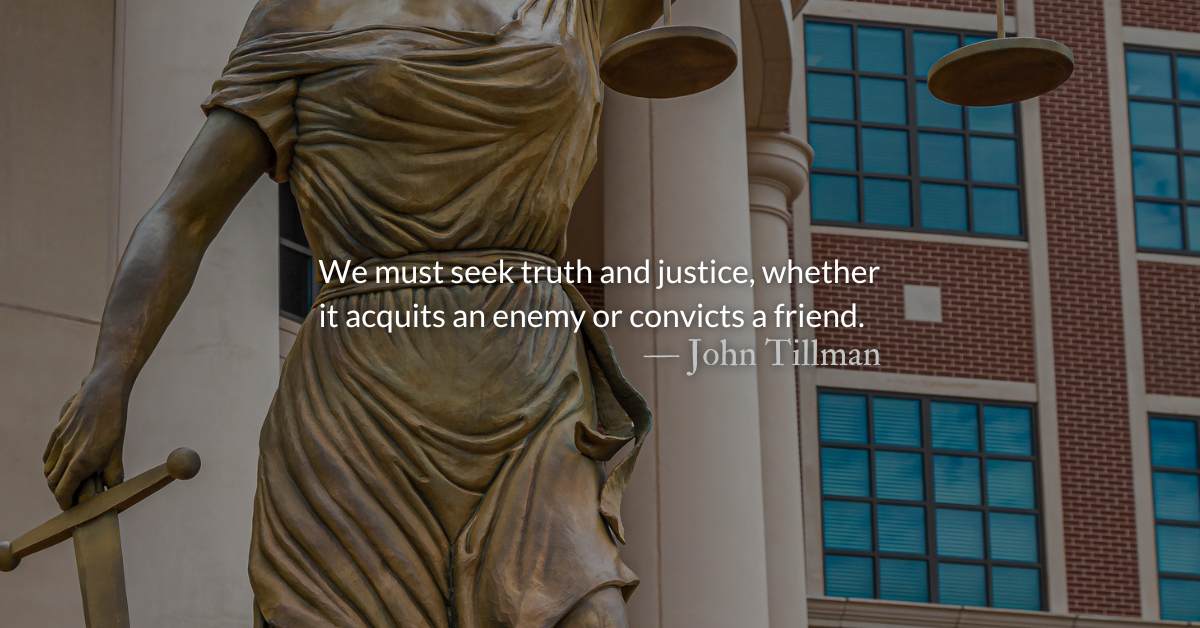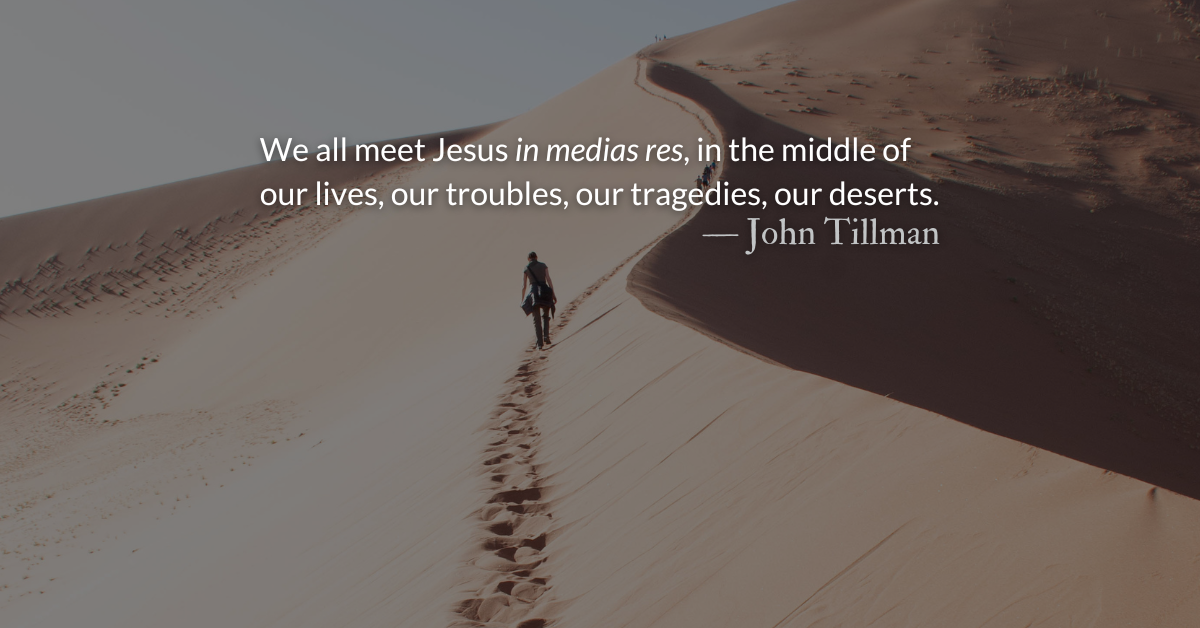Scripture Focus: Psalm 7.3-12
3 Lord my God, if I have done this
and there is guilt on my hands—
4 if I have repaid my ally with evil
or without cause have robbed my foe—
5 then let my enemy pursue and overtake me;
let him trample my life to the ground
and make me sleep in the dust.
6 Arise, Lord, in your anger;
rise up against the rage of my enemies.
Awake, my God; decree justice.
7 Let the assembled peoples gather around you,
while you sit enthroned over them on high.
8 Let the Lord judge the peoples.
Vindicate me, Lord, according to my righteousness,
according to my integrity, O Most High.
9 Bring to an end the violence of the wicked
and make the righteous secure—
you, the righteous God
who probes minds and hearts.
10 My shield is God Most High,
who saves the upright in heart.
11 God is a righteous judge,
a God who displays his wrath every day.
12 If he does not relent,
he will sharpen his sword;
he will bend and string his bow.
Originally published on September 22, 2023, based on readings from Psalm 7.3-12.
Readers’ Choice is here: There’s still time to tell us about your favorite, most meaningful posts of the year. If you shared it with someone, or it helped you, let us know via email, direct message, or filling out the linked form.
Readers’ Choice posts are selected by our readers:
Jason, TX — It’s comforting to see how the scriptures speak to our current culture. It helps me have peace when things seem to be going crazy. God is God through it all.
Reflection: No DARVO — Readers’ Choice
By John Tillman
David, falsely accused, tells God to let his enemies kill him if their accusations are true.
False accusations do occur, like the ones David denied in this psalm, but accused leaders often use techniques described by the acronym DARVO: Deny, Attack, Reverse Victim and Offender.
First, despite evidence or testimony, they deny allegations and repeat claims of innocence. Alternatively, they replace “deny” with “double down, ” claiming what they did was not wrong or was within their rights.
Next, they attack the character, motives, or mental health of accusers. Lastly, they claim victimhood and persecution, promoting themselves as heroic sufferers or fighters.
DARVO is not new. It is just a new description of how the powerful twist justice and public opinion to benefit them. King Ahab had his version of it when he called Elijah the “troubler” of Israel. (1 Kings 18.27) Saul, whose persecution of David is the likely subject of this psalm, used it against David.
How can we live in a world dominated by Sauls and Ahabs, the disciples of DARVO? How can we know what the truth is and who is telling it?
First, be wary of the tactic. Those aware of DARVO tactics are less likely to be fooled by them. Simple denial isn’t DARVO. Truly false allegations should be denied. But when attacks and pleas of martyrdom occur, we should beware and call it out. It’s a red flag indicating bad intent.
Second, rely on God’s justice AND seek earthly justice. We often focus on God’s destruction of evil at the end of time, but when David rejoiced at the sharpening of God’s sword, the bending of his bow, and his shield’s protection, he was thinking of his “now,” not his “not yet.” Like David in this psalm, victims entreat God, and us, for earthly justice. And God would have us deliver it.
Especially if we like or support leaders, we shouldn’t let them get away with DARVO. Seeking truth does not mean seeking evidence to support specific claims of innocence or of guilt. We must seek truth and justice, whether it acquits an enemy or convicts a friend.
Whether justice cuts down a pastor, a politician, a movie mogul, or a media star, we should rejoice that victims’ voices were answered by God. We should say, paraphrasing David, “If they have done this, let their enemies overtake them.” May justice be done, and that right soon.
Music: “Better tell that long-tongued liar…
Tell ‘em that God’s gonna cut ‘em down.”
— Johnny Cash (God’s Gonna Cut You Down — Video)
From John: The Divine Hours prayers will return in October. This month we will pray one scripture passage or verse each week.
Prayer:
Love your enemies and pray for those who persecute you, that you may be children of your Father in heaven. — Matthew 5.44-45
Today’s Readings
Lamentations 2 (Listen 4:55)
2 Corinthians 13 (Listen 2:19)
This Weekend’s Readings
Lamentations 3 (Listen 5:10), Romans 1 (Listen 5:02)
Lamentations 4 (Listen 3:42), Romans 2 (Listen 4:13)
Read more about Hope for Mercy
Because we are tethered to this world, our sins can bring earthly consequences.
Read more about Weeping For Rebels
David was never more like Jesus than when he wished he had died on a tree rather than his beloved son.






